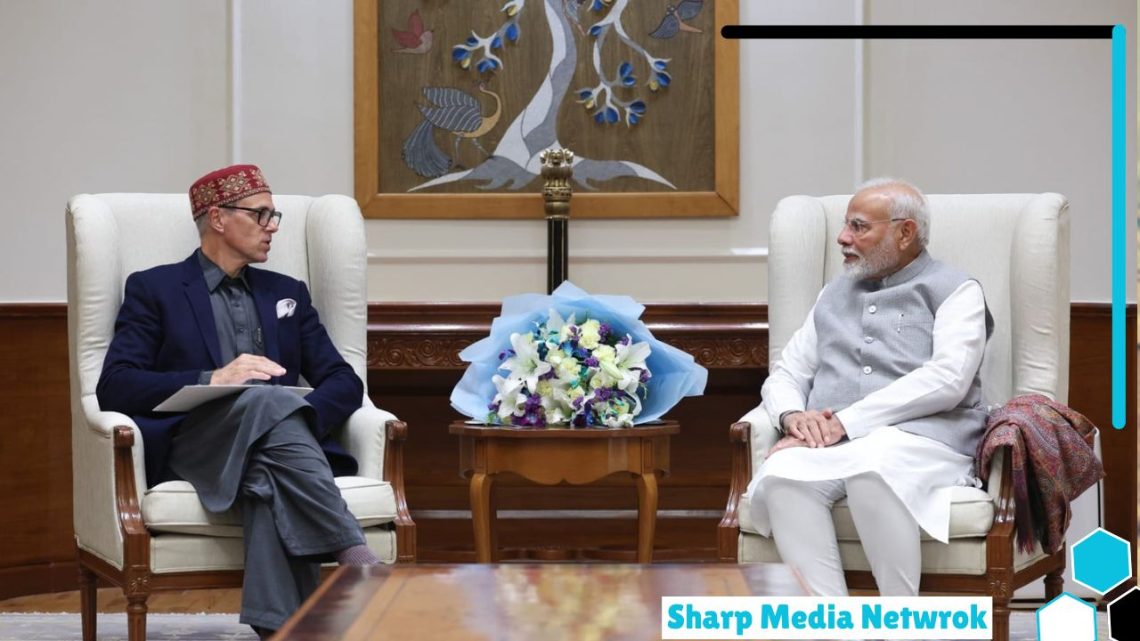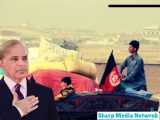
India’s AJK Rhetoric and IIOJK’s New Government: A Dangerous Blend of Hyper-Nationalism
November 15, 2024India’s recent rhetoric on Azad Jammu and Kashmir (AJK), driven by hyper-nationalism and political strategy, is raising concerns about regional stability. Indian leaders, particularly from the BJP, continue to assert baseless claims over AJK despite international recognition of Jammu and Kashmir as a disputed territory. The United Nations Security Council has explicitly mandated that the region’s status must be resolved through a free and impartial plebiscite under UN supervision.
Since 2016, Indian leaders, including Prime Minister Narendra Modi and Defense Minister Rajnath Singh, have escalated their claims over AJK. This shift, rooted in the BJP’s electoral strategy, has largely served domestic political interests, portraying the party as a stronger custodian of India’s sovereignty compared to rivals like the Indian National Congress.
However, these claims are widely seen as rhetorical. Military experts and analysts assert that the challenging terrain and existing force structures make military action unlikely. Furthermore, Pakistan’s nuclear deterrence and China’s potential involvement deter such adventurism.
The BJP’s focus on AJK also coincides with rising domestic unrest in Indian-administered Jammu and Kashmir (IIOJK). Omar Abdullah’s election as Chief Minister in 2024 underscores Kashmiris’ rejection of the BJP’s policies, as they push for restoring statehood and autonomy. Abdullah’s administration has already passed resolutions advocating for these demands, presenting a direct challenge to BJP’s narrative.
India’s provocative rhetoric risks its bilateral relations with Pakistan and its standing in the region. It remains to be seen whether these statements will stay symbolic or escalate into actions with potentially devastating consequences for South Asia.

